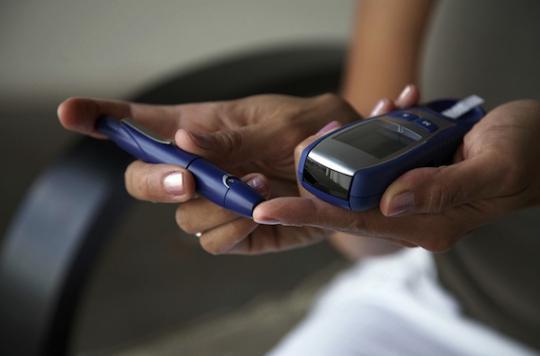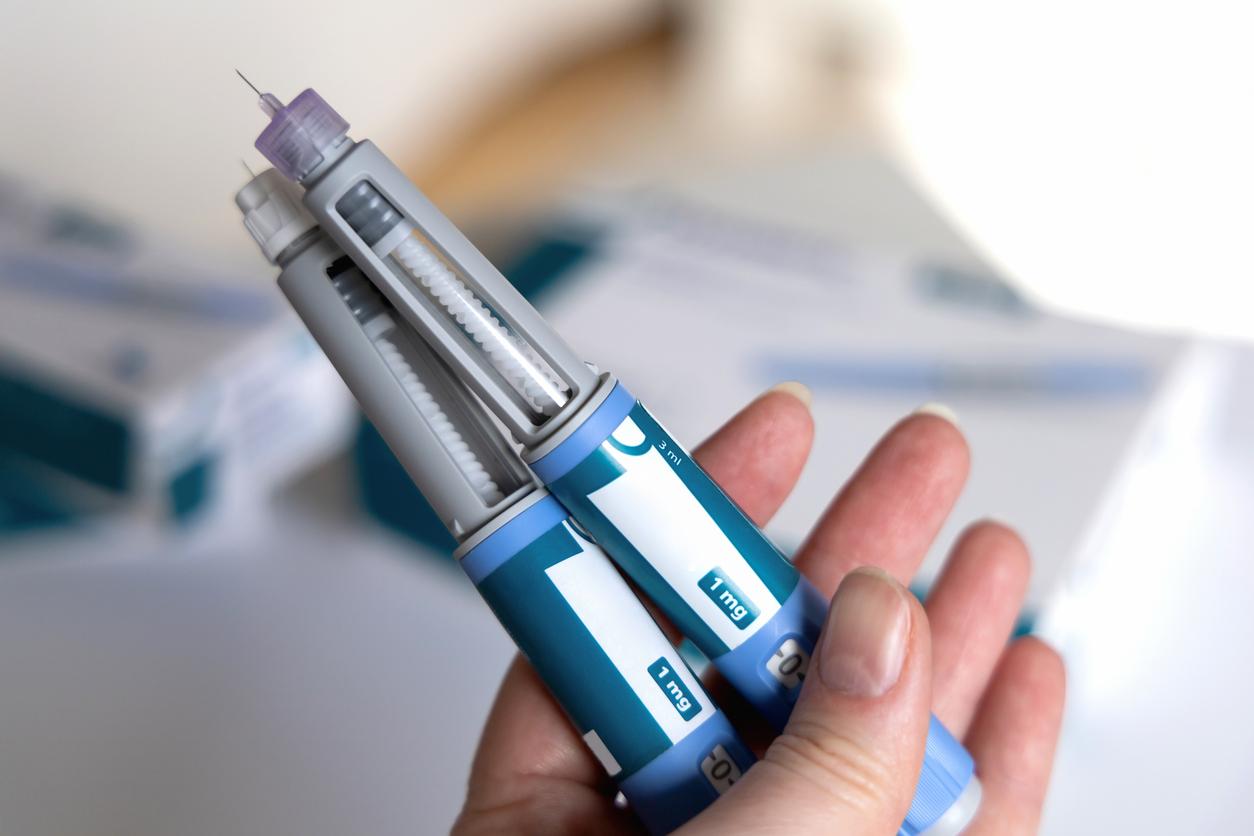VIDEO – In just a few years, research on the artificial pancreas has accelerated. Soon pediatric devices could be tested in France.

Still at the prototype stage only a few years ago, the artificial pancreas is now the subject of clinical trials in adults. The first tests should be launched in children, in France in particular. The use of this device, also called closed loop, would allow, among other things, better control of nocturnal hypoglycaemia, frequent in young diabetics. On the occasion of the last annual congress of the American Association of Diabetology (ADA), Nadia Tubiana Rufi, diabetologist at the Robert Debré Hospital (Paris) took stock of Why actor on this major development in the care of diabetic children.
Tedious debugging
Self-monitoring of blood sugar and insulin pumps were early advances in improving blood sugar control. “The children have benefited greatly,” notes Nadia Tubiana Rufi. We then made further progress with the development of sensors capable of continuously measuring blood sugar. This system provides a real plus for balancing blood sugar. ”
These sensors are however still awaiting reimbursement in France: “We hope that it will succeed, because many parents and children are waiting for this”, notes the diabetologist.
The purpose of the artificial pancreas is to compensate for the deficiency of the patient’s pancreatic cells, and therefore to continuously adjust the release of insulin to the sugar level, measured in the blood. A wireless sensor installed under the skin communicates in real time with a pump, which delivers the right amount of hormone. If the principle seems simple, its implementation has turned out to be complex. “What took the longest to develop were the algorithms, that is to say the programs which precisely calculate the exact doses according to the blood sugar measured,” explains Dr Tubiana Rufi. This “closed loop” is really what everyone dreams of. “
More and more research
Only 3 years ago, only a few research teams were testing artificial pancreas, over short periods, in hospitals only, and in adults. “Today, tests are done outside the hospital, sometimes even in patients’ homes. And as the benefits of the system have been demonstrated in adults, the first studies are starting in children, ”says Nadia Tubiana Rufi.
France, which was among the pioneers in the development of insulin pumps for the treatment of children, should also soon begin a clinical trial of an artificial pancreas. “For regulatory reasons, these tests cannot be done at home for small patients,” explains Nadia Tubiana Rufi. But we are going to choose “intermediate” places, such as parents’ houses, or hotels, close to hospitals but where the children have a normal life ”.
Doctors plan to do these tests over 3 night and 2 day sessions. “Our main goal is to reduce nocturnal hypoglycemia,” says Dr Tubiana. The artificial pancreas provides great security, because it predictively identifies the decrease in blood sugar, which is a great novelty. “
.















